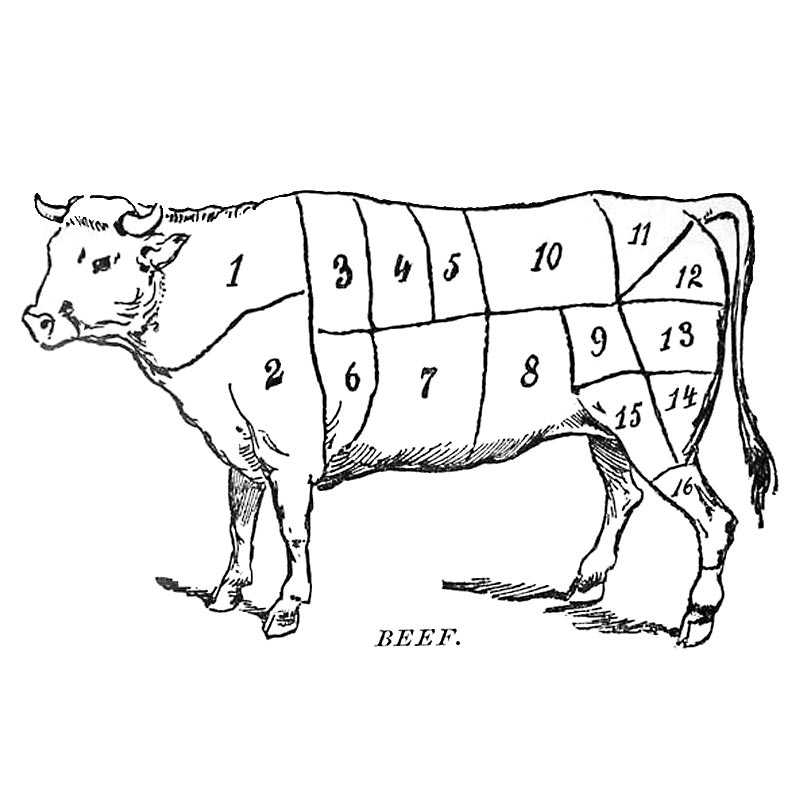Description
General Information
- Tickets: $35.00 per ticket in advance; $40 at the door
- Children 12 and under are free
- Gates open at 12:00
- Support act goes on at 1:00
- Headliner at 3:00
- Food trucks
- BYOB
- All net proceeds benefit the Foodbank of Southeastern Virginia and the Eastern Shore
Headliner – The National Reserve
The National Reserve
Instagram
Website
Spotify
Founded and fronted by singer-guitarist Sean Walsh, The National Reserve mines an archetypal musical seam, pulling together from countless influences to form their own timeless brand of American music. Walsh and the band have spent nearly every Friday night of the past decade lighting it up at a Brooklyn bar, establishing themselves through the lost art of the weekly gig. Endearing their regulars and winning over boozers and barflies with epic three hour sets showcasing remarkable breadth of songcraft and showmanship, if you are a fan of live music in New York City, there is a good chance you’ve seen The National Reserve at some point over the past ten years.
“Look at The Band.” Walsh says, “Guys like Taj Mahal, Leon Russell, and the E Street Band, they cut their teeth doing what we call residencies now but were just a gig back then. You’d play three weeks at one club and then move on; play three weeks at the next club. You basically holed up somewhere and learned how to entertain people. And that, in my opinion, is something that has been lost.”
They’ve left their mark, and in the process Walsh has worked some of the top talent the City, and country, has to offer. Once bemoaned as “just a bar band” by a popular NYC radio host, they have traveled to Europe and back, toured half of the United States and this bar band has opened for the likes of Tedeschi Trucks Band, Jason Isbell, Margo Price, Marcus King, Lukas Nelson, Amy Helm and Brent Cobb. They released three EPs during the pandemic months following 2018’s Motel La Grange and are presently in the studio working on the next full length release. In the meantime The National Reserve continues to build a following as they take the sound they’ve built in Brooklyn across the country.
Special Guest – Jacob Vanko
Jacob Vanko
Instagram
Spotify
Website
“When I was a kid I approached my father and asked him to teach me a song on the guitar. He taught me G, C and D and told me he would show me a Bob Dylan song, but only after I came up with my own chord progression. I suppose my first guitar lesson was also my first experience in writing music.”
Jacob Vanko was born and raised in the Anthracite Coal Region of the Northeast. The blue- collar, hard working town he calls home sits nestled in a valley amid Pennsylvania’s slice of the Appalachian Mountains. Being brought up in an environment where both sides of his family were artistic and musical, the young, impressionable boy was constantly surrounded by an eclectic, creative energy. Jacob would frequently sneak out of bed and peak in on his old man’s blues jams in the basement of his childhood home. His father, a songwriter in his own right, introduced iconic songwriters like John Prine, Joni Mitchell, Bruce Springsteen, Tom Waits and Bob Dylan to his burgeoning, songwriter son. Vanko’s musical lineage also includes figures like his grandfather on his mother’s side, who was a local jazz drummer and his aunt on his father’s side, who was a nationally prominent classical pianist.
“ I used to go to those piano lessons kicking and screaming. My 8 year old brain just didn’t have a clue that I was being taught by one of the best piano teachers in the country. Now I wish I could sit with her for 5 minutes and talk about music and life. That’s what my song ‘The Garden’ is about.”
As a teen growing up in the late 1990’s and early 2000’s, the raw and rebellious artist gravitated towards the furious, dark and heavy sounds of groups like Alice in Chains, Soundgarden, Nirvana, Pearl Jam and Tool. The melodic and unique sounds of grunge in all its glory with the gritty guitar tones, aggressive vocals and well crafted songs were major contributing factors to the evolution and development of Vanko’s writing and live performance energy. “Chris Cornell (soundgarden) made me want to sing and Adam Duritz (Counting Crows) made me want to write.”
Jacob found himself coming into his own as a songwriter in his 20’s. Migrating from Pennsylvania to land in Southeast Virginia, his life experiences to this point painted a curious picture of the world. Social observations, the ugliness of inner struggle, searching and questioning brought an intense quality to his writing. The early seeds of traditional blues, folk, country and bluegrass have collided with the bold sounds of grunge and rock influences forging a poetic, Americana songwriter with a furious live stage presence.




Reviews
There are no reviews yet.